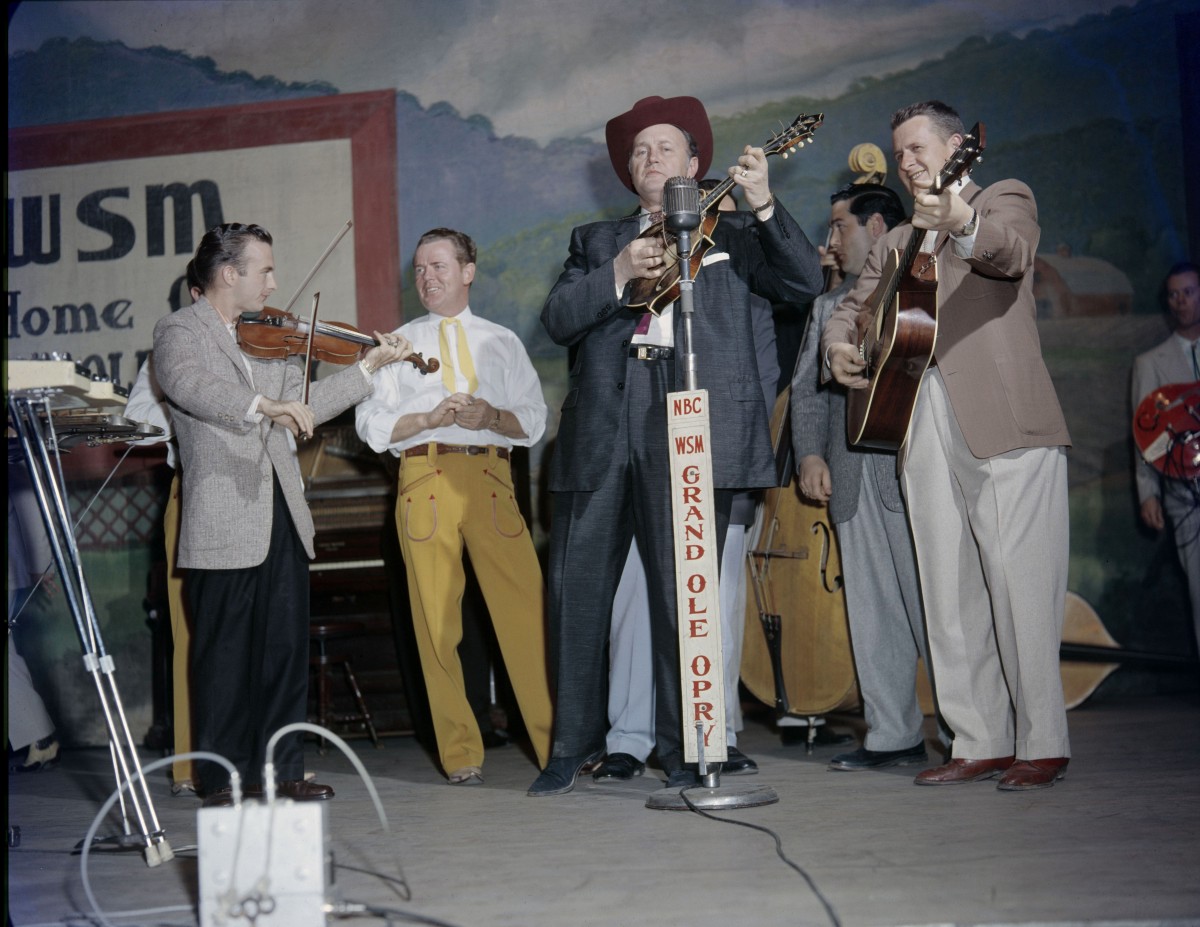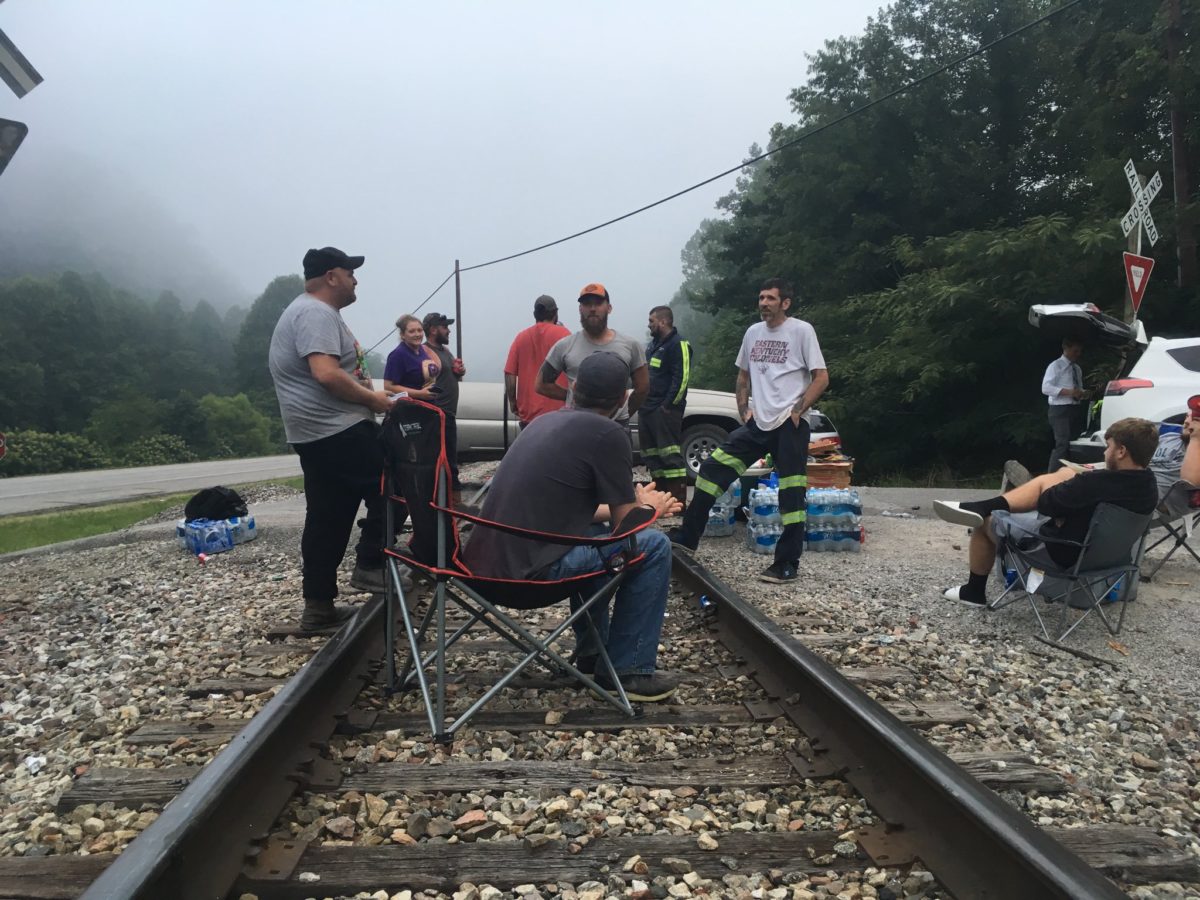Immigration, healthcare, and environmental issues include passing references to rural. In the debate over trade policy, candidates use farmers as an example of who is getting harmed.
Rural issues emerged in passing in some of Thursday night’s Democratic presidential debate. Candidates touched on rural issues in their comments about immigration, healthcare, market consolidation, and trade policy.
Immigration. South Bend, Indiana, Mayor Pete Buttigieg plugged his rural development plan, which includes “community renewal visas [for immigrants] that would allow cities and towns and counties that are hurting not only for jobs but for population to embrace immigration as we have in my city.”
Healthcare. Rural hospitals got a shout out from Massachusetts Senator Elizabeth Warren. In describing her plan for to create public insurance for all Americans, Warren said Americans would continue to have access to “all of their doctors, all of their nurses, their community hospitals, their rural hospitals.”
The closure of rural hospitals has received attention in the Democratic campaign, with conflicting viewpoints on how a public-insurance option might affect hospitals’ financial health.
Open markets. New Jersey Senator Corey Booker turned a question about his dietary preferences into a chance to criticize corporate consolidation in agriculture. Asked whether more Americans should join him in eating a vegan diet, Booker said no, then ricocheted into corporate ag:
The factory farming going on that’s assaulting this corporate consolidation of the agricultural industry, one of the reasons why I have a bill to put a moratorium on this kind of corporate consolidation is because this factory farming is destroying and hurting our environment. And you see independent family farmers being pushed out of business because of the kind of incentives we are giving that don’t line up with our values.
With another bounce, Booker was on to veterans affairs.
Foreign trade. With rural references few and far between in this debate and previous ones, we have to take our rural issues where we can get them. And that usually comes down to agriculture, which most politicians (and many journalists) consider synonymous with rural. (It isn’t, not by a long shot.)
With that caveat, farmers were exhibit A in discussions about what candidates called the harmful effects of President Trump’s trade policies.
“The tariffs [enacted by President Trump] are pummeling producers and farmers in Iowa who have absolutely nothing to do with the imbalances that we have with China,” entrepreneur Andrew Yang said.
Minnesota Senator Amy Klobuchar said President Trump “is treating our farmers and our workers like poker chips in one of his bankrupt casinos.”
Warren said she would add small farmers to the mix of representatives who would be at the table when trade deals are hammered out. (She also included labor unions, environmentalists, and human rights activists in that list.) “We can use trade not to undermine American workers and not to undermine American farms and not to undermine small businesses in this country,” she said.
California Senator Kamala Harris called out farmers as a group harmed by trade uncertainties. Trump’s trade policies have “resulted in farmers in Iowa with soybeans rotting in bins, looking at bankruptcy.”
Vermont Senator Bernie Sanders said trade policies should represent workers and “farmers in the Midwest and elsewhere, who are losing billions right now because of Trump’s policy.”
Environment. Former Texas Representative Beto O’Rourke said farmers need to be compensated for actions they take to combat climate change. “We’re going to pay farmers for the environmental services they want to provide,” he said. “Planting cover crops, keeping more land under conservation, using no-till farming, regenerative agriculture can pull carbon out of the air and can drive it and sequester it into the soil.”
This article was originally published by the Daily Yonder.



